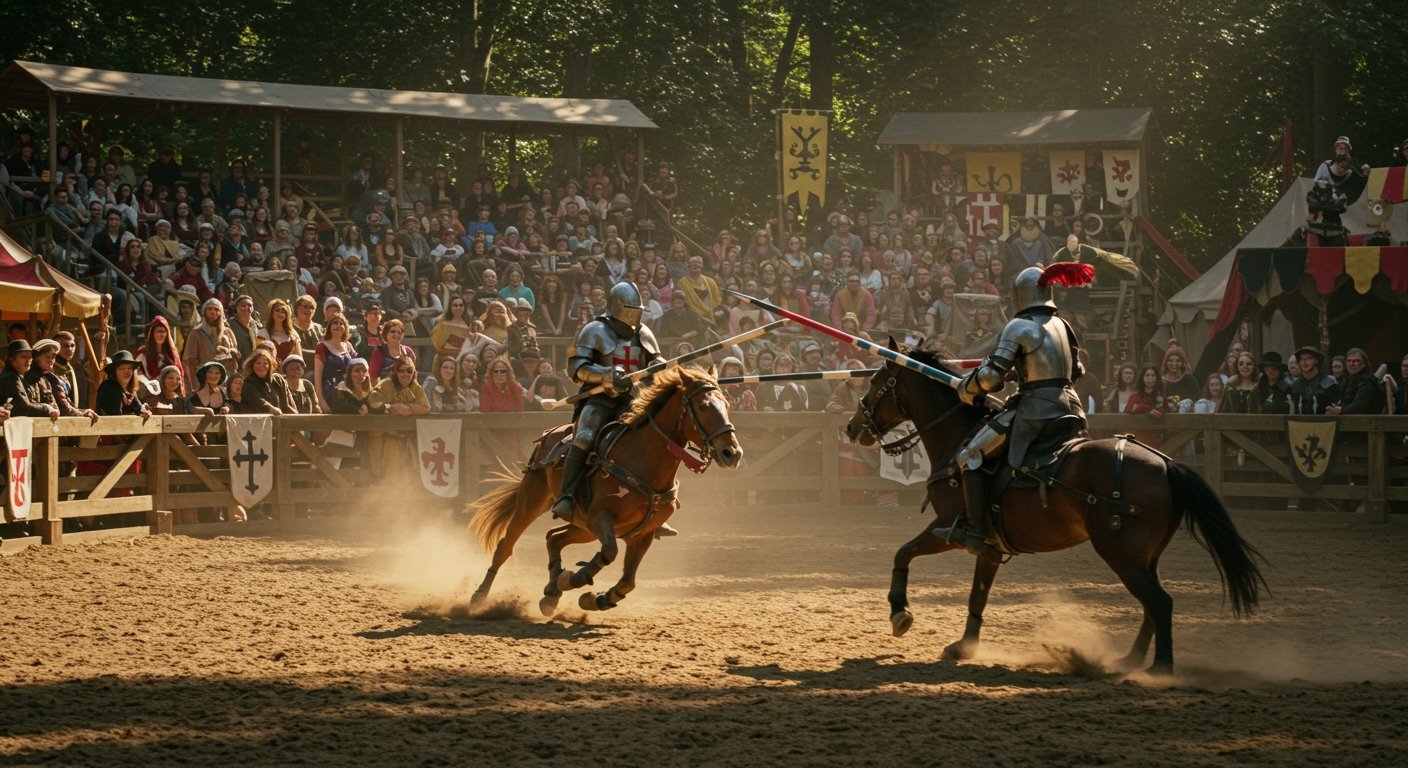Eugene, Oregon – In the dynamic landscape of local commerce, Oregon Fiber Traders, a second-hand clothing store located in Eugene, Oregon, distinguishes itself not merely by its inventory but by its core philosophy. Under the ownership of Laural O’Rourke, the store operates with a primary drive centered on community building, often prioritizing this goal over the conventional pursuit of maximum profit. The establishment, which relocated in November, embodies O’Rourke’s vision of creating a space where connection and shared experience are as central as the merchandise itself.
A Tapestry of Diverse Experience
Laural O’Rourke’s journey to becoming the proprietor of Oregon Fiber Traders is marked by a breadth of experiences that inform her unique approach. Her background is notably varied, including formal training obtained through beauty school, service within the discipline-oriented environment of the United States military, and practical work experience gained while employed by the government. Adding another layer to her perspective is her upbringing; she was raised by parents who held positions as educators at the esteemed University of Oregon. These disparate professional paths and personal influences — encompassing style, structure, public service, and academic inquiry — have collectively shaped O’Rourke’s worldview and her vision for Oregon Fiber Traders, providing a foundation built on adaptability, diverse understanding, and a deep appreciation for community interaction.
Fashion as Dialogue and Identity
Central to O’Rourke’s operational philosophy is her profound view of fashion itself. She perceives clothing not just as items for sale but as “wearable art.” This perspective elevates the act of dressing from a simple necessity or a response to trends into a deliberate form of personal expression and visual communication. O’Rourke places significant emphasis on visual presentation, recognizing its power to convey identity, history, and cultural context. She openly shares that her experiences, particularly her lived reality as a Black woman, have profoundly influenced this appreciation for the narrative capacity of clothing and the importance of visual representation. This informs the curation and display within Oregon Fiber Traders, encouraging customers to view second-hand items not just for their utility but for their artistic and expressive potential.
Weaving the Community Fabric
The driving force behind Oregon Fiber Traders is unequivocally O’Rourke’s commitment to community building. In a contemporary society grappling with issues of isolation, and notably in the period following the global COVID-19 pandemic, O’Rourke observes a palpable human need for renewed connection and conversation. She has intentionally designed her store to be a welcoming environment that facilitates these interactions. This deliberate focus on fostering dialogue and connection sets Oregon Fiber Traders apart from many larger-scale second-hand operations. While such larger entities play a vital role in the retail ecosystem and contribute to sustainability, their business models often prioritize revenue generation and high-volume transactions above all else. O’Rourke’s model, in contrast, is consciously rooted in cultivating a local hub where relationships can flourish, offering a tangible alternative to more commercially-driven retail environments. The store’s relocation in November was executed with the specific aim of continuing and enhancing this community-focused mission within a new space, potentially reaching a broader segment of the Eugene population.
A Distinctive Retail Model
Oregon Fiber Traders represents a deliberate choice to operate outside the mainstream currents of the second-hand market, which is increasingly dominated by vast online platforms and large corporate entities focused on optimizing logistics and profitability. O’Rourke’s approach leans towards a more intimate, human-centric model. The objective is to create an atmosphere where individuals feel invited to linger, explore, and engage in meaningful ways with both the curated selection of clothing and the fellow patrons around them. This perspective views each customer interaction and transaction not merely as a point of sale but as an opportunity to strengthen the bonds within the local community fabric. By prioritizing shared physical space and face-to-face communication, O’Rourke endeavors to cultivate a sense of loyalty and belonging among her clientele that extends beyond simple consumer loyalty, aiming to position the store as a vital, active component of Eugene’s cultural and social landscape.
Conclusion
Laural O’Rourke’s Oregon Fiber Traders in Eugene, Oregon, stands as a compelling example of a business where social purpose is intricately linked with economic activity. Drawing upon a remarkably diverse personal and professional history, and viewing fashion through the lens of both “wearable art” and cultural identity, O’Rourke has successfully established a second-hand clothing store that places community building at the forefront of its operations. As Oregon Fiber Traders continues its journey in its new location following the November move, its foundational principle remains centered on fostering connections and encouraging conversations, offering a refreshingly distinct and impactful approach to retail that resonates deeply with individuals seeking not just unique clothing, but a genuine sense of connection and belonging in their community.




